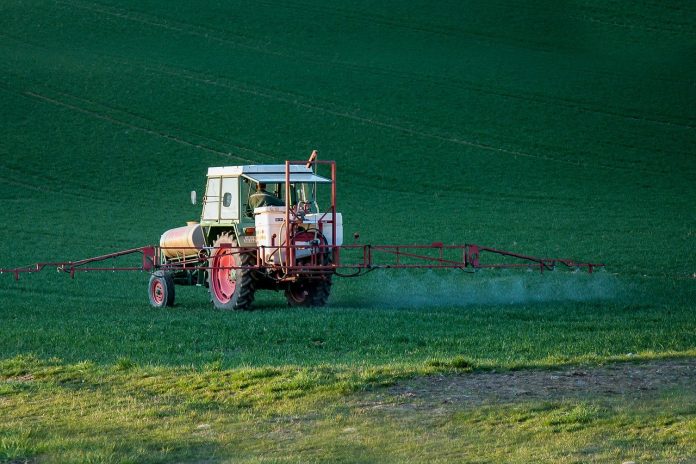Many people move to rural communities to enjoy the peace and quiet of a slower way of life, and to spend more time outdoors. For those who are not familiar with farming, they may expect to hear an occasional chicken or cow mooing in the distance like Old McDonald’s farm.
You can imagine their surprise when they get a whiff of liquid manure being spread around the corner, or when a helicopter is just in the distance spraying fungicide on corn. The idyllic image of “farm life” may quickly disappear for some.
There are things that need to get done on a farm that are more likely to cause friction with surrounding neighbors.
Communicate
While you will always come up against those people who cannot be appeased, you can mitigate some of this contention with good proactive communication. If you are a farmer and you have a new neighbor, take a moment to introduce yourself, which helps to put a name and face to “that farmer down the road.” Getting their phone number is also a good idea, as we know farmers can sometimes be hard to track down in the busy season.
While you do not need to inform your neighbors every time you spread manure, mow hay or run the grain dryer, letting them know ahead of time — especially the first time — could be a nice gesture. This kind of heads-up can show your neighbors that you care about the mild inconvenience your business may create, provides an opportunity for them to plan accordingly and allows for you to educate them if they have questions or concerns.
Be considerate. Consideration for our neighbors can include small, daily decisions, like avoiding spreading manure when the neighbors have clean laundry on the line to planning around more significant events. By showing that you’re open to communication with your neighbors, you’re more likely to get a heads up about major events they have going on, as well.
And if you can, planning certain tasks to avoid the dates of these events — a backyard graduation party, wedding or family reunion — will certainly pay off in the long run. When you show this kind of consideration, you’re more likely to have the kind of neighbor who rolls with the noises and smells, and maybe even the kind who helps advocate for you to others in the community.
Think ahead
People have varying levels of comfort with pesticides. Aerial applications in particular tend to cause more concern than other application methods. Low flying airplanes and helicopters near people’s homes tend to draw a lot of attention, and it doesn’t take too many passes before comments appear on local social media pages. Of all the farming practices, proactive communication about aerial application will likely reap the most rewards.
Even in situations where neighbor relations are already strained, it is still a good idea to communicate in a practical way to prevent further border conflict. I’ve seen too many neighbors try to one-up each other with petty actions that lead to lawsuits, altercations and police involvement.
You may be the only point of reference for farming in the community for your neighbors, so your actions can become a representation of all farmers for some folks. While it may feel good in the moment to spread manure right up to your troublesome neighbor’s property line on a hot summer day, it’s not a good look for agriculture more broadly.
As we lose farmland to development, neighbor disputes are going to continue for farmers. As pressure increases on agriculture for zoning and practices, your neighbors will either be your advocate or detractor.












